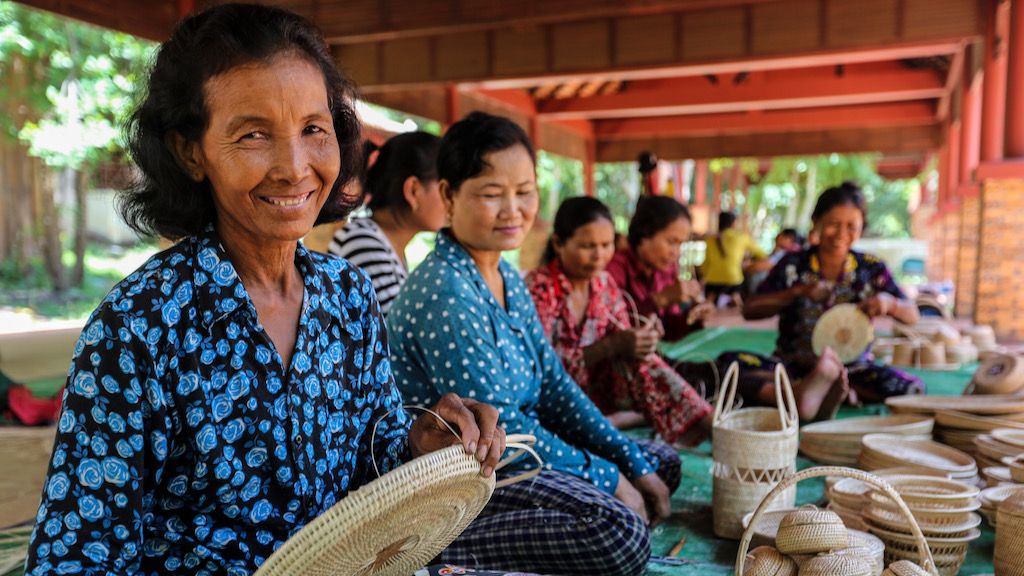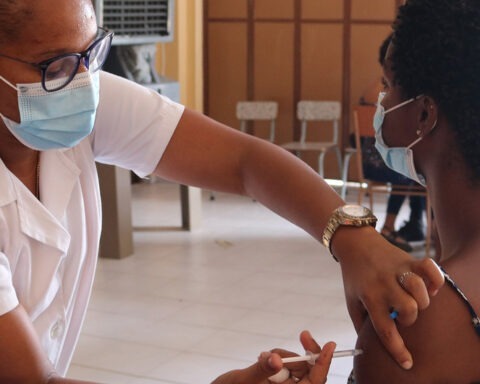MANILA, PHILIPPINES (5 May 2021) — “I believe the path we have laid out will help lead our region out of these uncertain times,” Mr. Asakawa said. “We will continue to deliver ADB’s unique synergy of finance, knowledge, and partnerships. And we will prioritize the quality of our assistance over quantity, meeting near-term needs with a clear vision for the future. If we stay on this course, I am confident the region will emerge from the current crisis even stronger than before.”
Mr. Asakawa outlined a five-point agenda for the region covering areas critical to achieving a lasting and equitable recovery for Asia and the Pacific:
- Place ambitious climate actions at the center of development, with increased focus on adaptation and resilience, and with full commitment to the goals of the Paris Agreement.
- Address inequality including the gender gap—which has worsened during the pandemic—by investing in health, education, and social protection.
- Promote high-quality green and digital infrastructure, enabling economies to rebuild smartly while closing the digital gap and attracting substantial private investment.
- Deepen regional cooperation and integration, so that ADB developing member countries can seize the opportunities of renewed globalization and strengthen regional health security.
- And strengthen domestic resource mobilization, to ensure that governments have the resources they need to finance sustainable growth and respond effectively to future crises.
Action on these priorities can build on ADB’s response to COVID-19 in 2020. Its total commitments in 2020 reached a record high of $31.6 billion, with just over half supporting operations to respond to the pandemic. The balance was committed to address long-term development issues such as the gender equality gap, the impacts of climate change, and investments in quality infrastructure. These achievements were supported by record-high cofinancing of $16.4 billion and record-high capital market borrowings of over $35 billion.
“During the height of the pandemic, I reassured my staff that we will someday look back with pride at what we accomplished for the people of the region. I believe more than ever that this is true,” Mr. Asakawa said.






